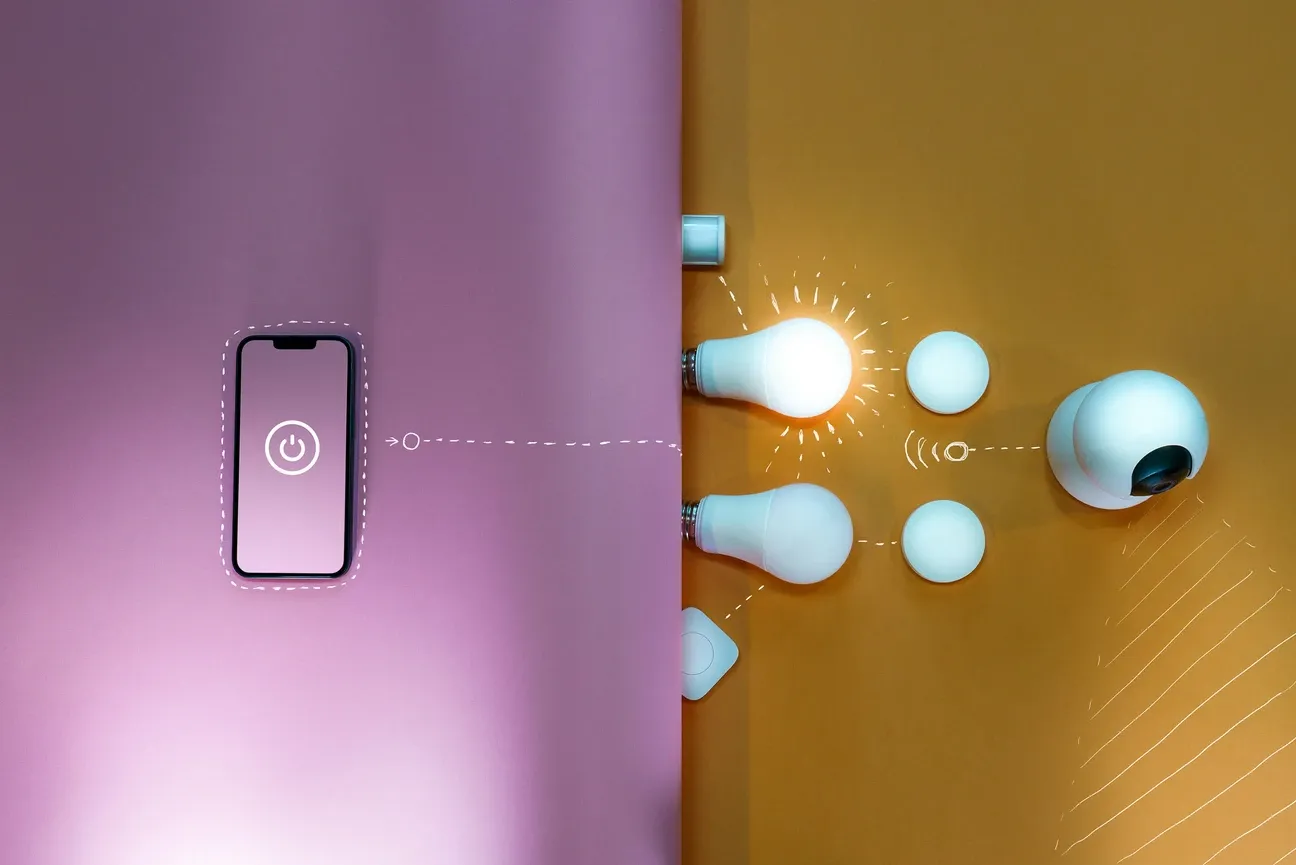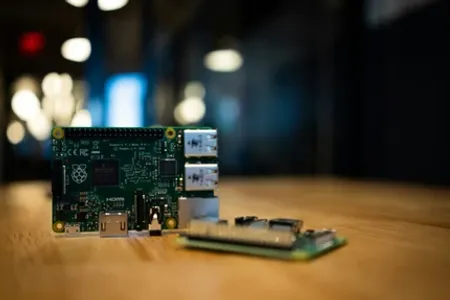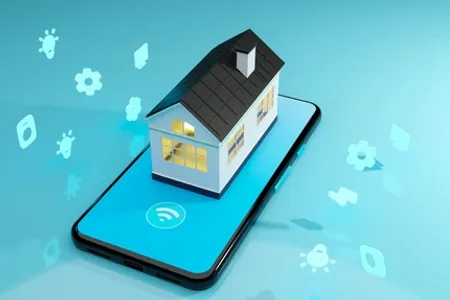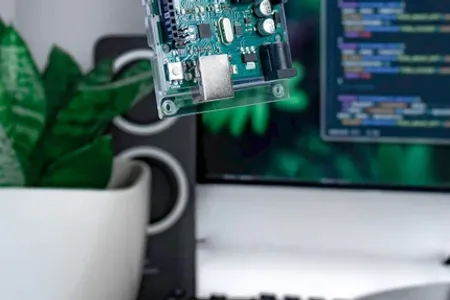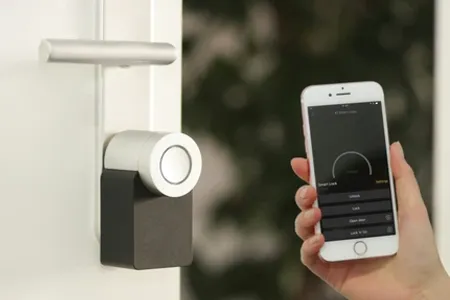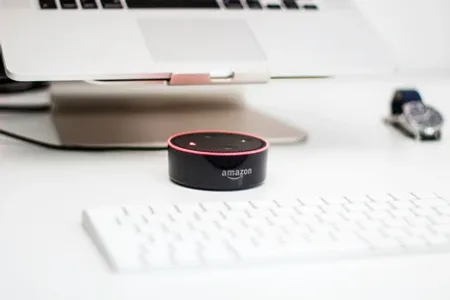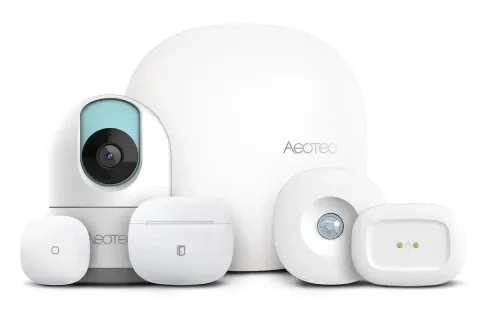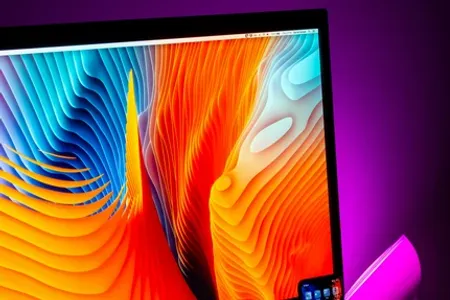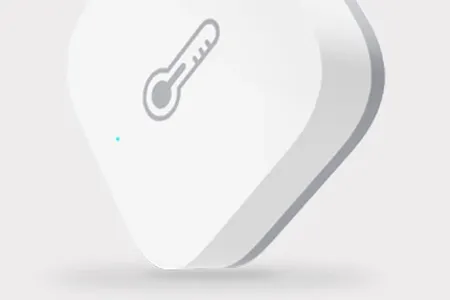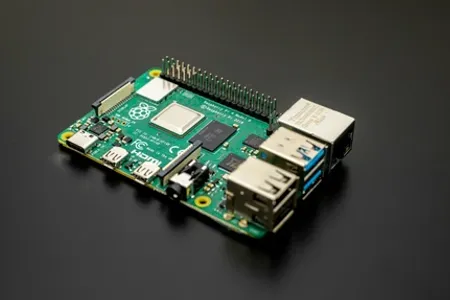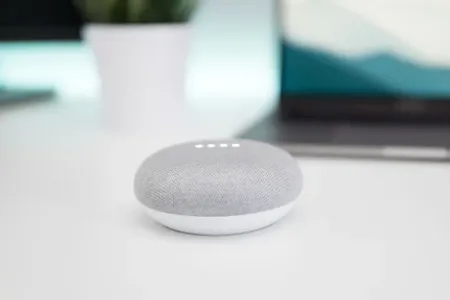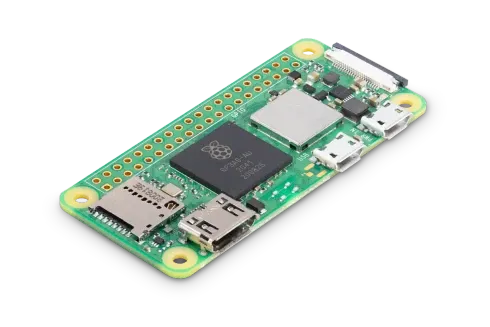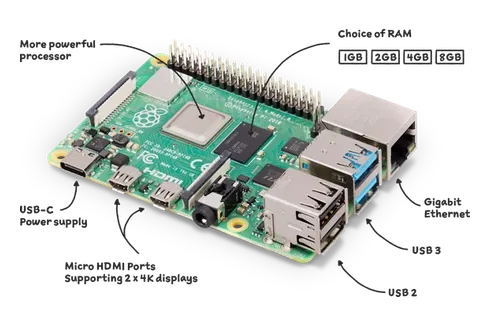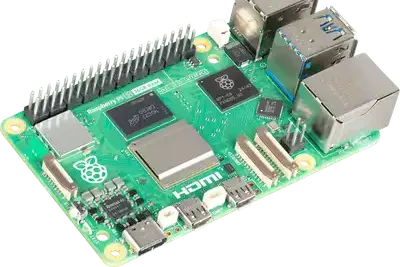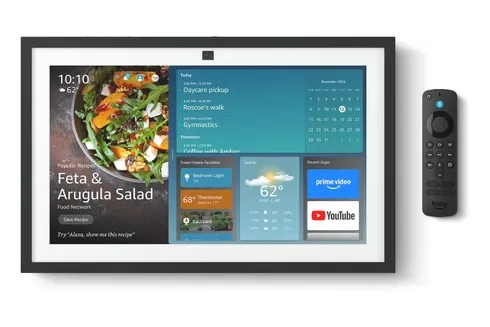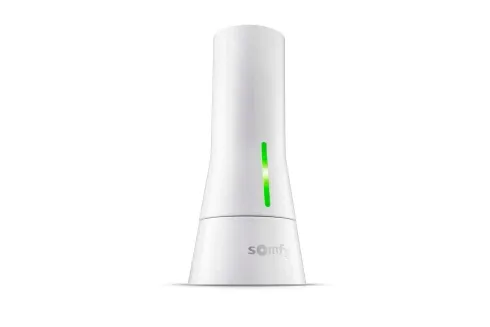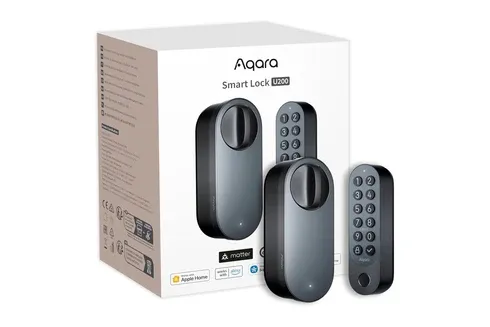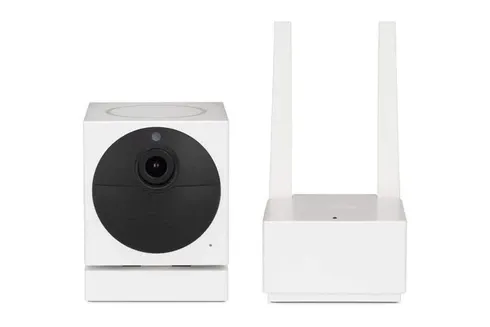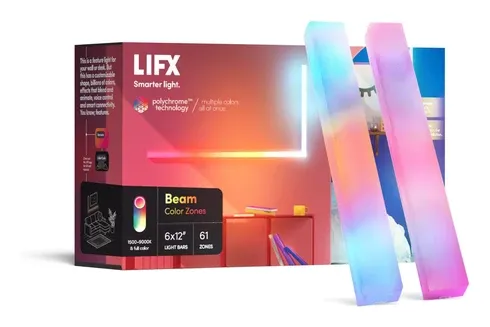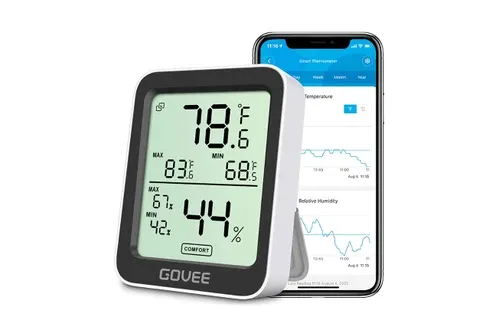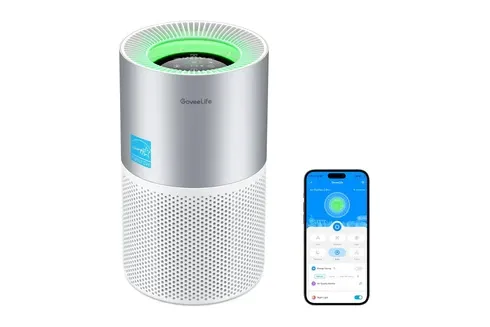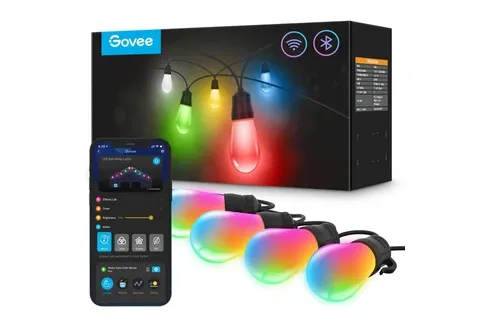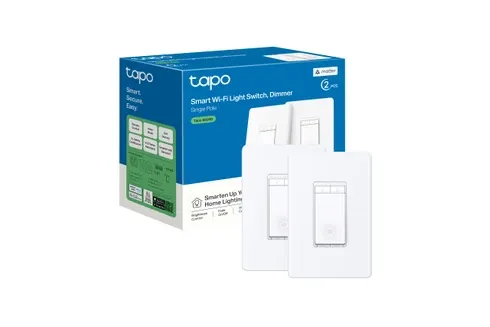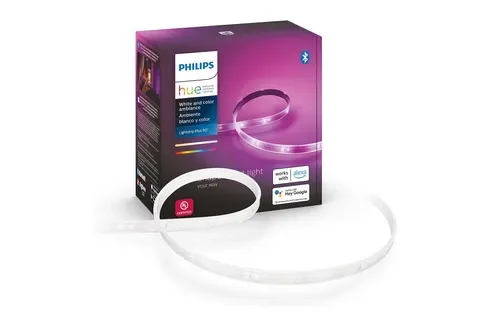In today's rapidly advancing world, IoT devices are revolutionizing how we interact with our homes. The concept of a smart home is no longer futuristic; it’s becoming mainstream, thanks to the rise of connected devices that seamlessly integrate into our daily routines. Whether it’s adjusting the thermostat or enhancing home security, Internet of Things technology is making homes smarter, safer, and more efficient.
The Role of IoT in Smart Home Innovation
The role of IoT technology in transforming the way we live at home cannot be understated. It plays a crucial role in enabling the automation and smart functionality of devices that were previously stand-alone. This integration significantly enhances user experience, making homes more intuitive and responsive to human needs.
What Are IoT Devices?
IoT devices refer to a network of physical objects that are embedded with sensors, software, and other technologies. These devices can communicate and exchange data over the internet, enabling automation and smart features that transform everyday activities. Their role in the broader technological ecosystem involves facilitating seamless communication between devices to achieve efficiency and convenience in smart home settings.
Examples of IoT Devices in Smart Homes
In the context of smart homes, IoT devices include anything from smart thermostats and lighting systems to voice assistants like Amazon Alexa and Google Home. These devices play a central role in optimizing energy consumption and enhancing the overall security and convenience of the household.
Why Are IoT Devices Important in Smart Homes?
The significance of IoT devices in smart homes lies in their ability to offer convenience, security, and energy efficiency. Homeowners can control smart appliances remotely, monitor energy usage, and enhance their overall quality of life. The role of IoT in smart homes goes beyond just convenience; it creates a cohesive network where each device plays a part in improving the functionality and sustainability of the home.
Enhancing Daily Life with IoT
Imagine controlling your lights, appliances, and security systems with just a tap on your smartphone, no matter where you are. The connectivity offered by IoT devices allows various gadgets to "talk" to each other. For example, a smart thermostat can adjust the temperature based on the data received from a motion sensor, making sure your home is energy-efficient and comfortable. Additionally, these devices provide real-time updates, allowing homeowners to monitor their homes' status at all times. The role of these real-time updates is pivotal in ensuring that users are always informed and can react promptly to any changes or threats.
Benefits of Using IoT Devices in Your Smart Home
Here are some of the top advantages of integrating IoT devices into your smart home system:
- Energy savings: With smart thermostats, lighting, and appliances, IoT devices help reduce energy consumption, leading to lower utility bills.
- Enhanced security: Smart security systems, including cameras and door locks, keep homes safe by offering 24/7 monitoring and instant alerts.
- Convenience: Controlling devices remotely or through voice commands simplifies everyday tasks.
- Customization: IoT devices can learn your preferences and automate routines, such as adjusting lighting or playing music when you arrive home.
- Interoperability: Many smart home devices are compatible with platforms like Amazon Alexa, Google Assistant, or Apple HomeKit, allowing seamless integration. The role of interoperability is key in ensuring that devices from different manufacturers work together harmoniously within a smart home ecosystem.
Popular IoT Devices for Smart Homes
The market for smart home devices is vast, with many innovative products designed to make your home more intelligent and responsive.
Key IoT Devices to Consider
- Smart thermostats: These devices allow users to control their home’s heating and cooling systems from anywhere.
- Smart lighting: IoT-enabled light bulbs that can be controlled remotely or via voice commands are now commonplace in modern homes.
- Smart speakers and voice assistants: Devices like Amazon Echo or Google Nest have revolutionized how people interact with their homes through voice commands.
- Security cameras and doorbells: Smart security systems, including cameras and doorbells, offer real-time video surveillance and alerts. Their role in maintaining home security is indispensable.
- Smart appliances: Refrigerators, washing machines, and other appliances with IoT functionality enable automation and remote control.
Challenges with IoT Devices
While IoT devices offer numerous benefits, they also come with some challenges.
Security Concerns
Security remains a major concern, as connected devices can be vulnerable to hacking. Homeowners should ensure they have strong passwords and use encryption to protect their smart home networks. The role of security protocols is critical in safeguarding personal data and preventing unauthorized access.
Compatibility Issues
Compatibility between different devices can also be an issue, although manufacturers are increasingly working to create universal standards for smart home ecosystems. The role of universal standards in overcoming compatibility challenges is becoming more prominent, as these standards ensure that various devices can communicate seamlessly with one another.
The Future of IoT Devices in Smart Homes
The future of IoT in smart homes looks incredibly promising. With advancements in artificial intelligence and machine learning, smart home devices are becoming even more sophisticated.
AI and Machine Learning in Smart Homes
Imagine a home that can predict your needs based on past behavior, adjusting everything from temperature to lighting automatically. IoT devices will continue to evolve, offering more personalized experiences and enhanced connectivity. The role of AI and machine learning in these advancements is pivotal, as these technologies enable devices to learn and adapt to user preferences over time.
In conclusion, IoT devices are at the core of the smart home revolution. They provide homeowners with unprecedented levels of convenience, security, and efficiency. As technology continues to advance, we can expect even more groundbreaking innovations that will further transform the way we live.
Further Reading and Articles on IoT in Smart Homes
To deepen your understanding of IoT technology and its impact on smart homes, several informative articles are available online. These articles delve into the nuances of IoT security, the latest smart home devices, and predictions for future trends in home automation.
Many tech blogs and industry reports also publish articles on emerging IoT technologies and their applications in other fields, not just smart homes. Whether you're curious about the latest security updates or want to know how IoT is revolutionizing healthcare or industrial sectors, these articles serve as valuable resources.
